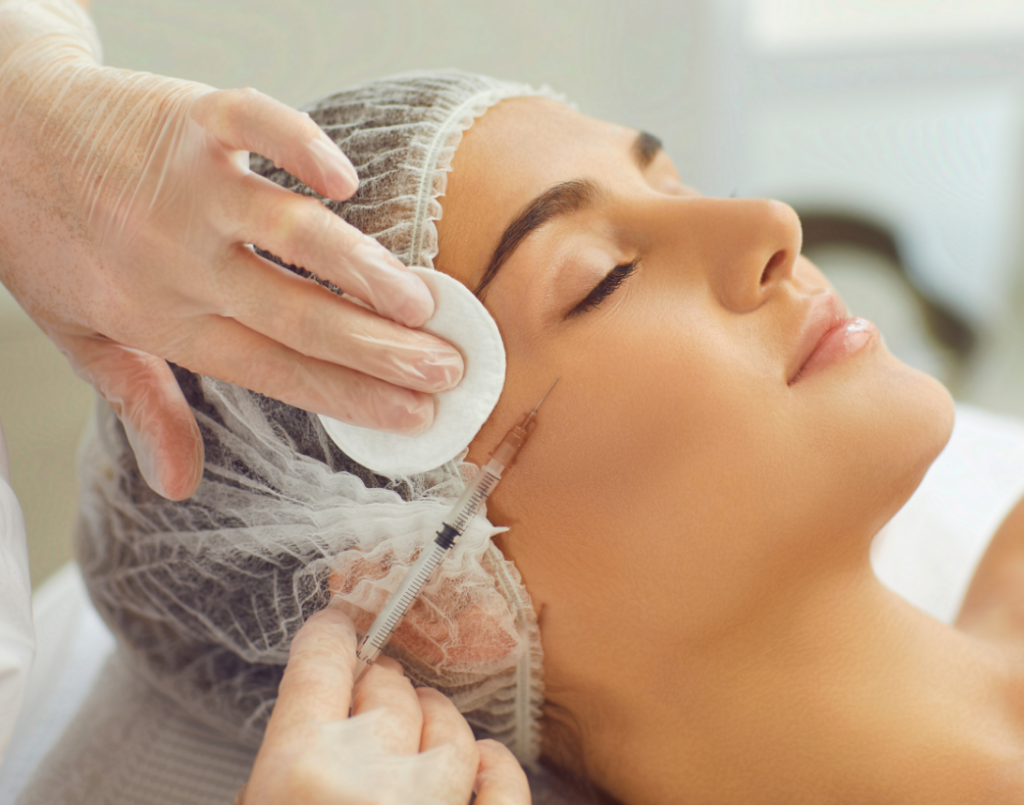While many people associate Botox treatments with cosmetic practices, recently, these injections have been used within dentistry for therapeutic treatment for TMJ Disorder patients who suffer from jaw pain, muscle tension and headaches.
Therapeutic Botox

Relief from TMJ Disorder & Migraines
The temporomandibular joint (TMJ) which is situated on both sides of the head is responsible for the movement of the jaws. This joint is used when talking, eating, swallowing and other daily activities. When this joint becomes overworked through excessive grinding or clenching, you may suffer severe tension headaches, sharp pain of the jaw, facial muscle aches and even pain/sensitivity in your teeth. When you have pain in the jaw joint, we call this TMJ Disorder.
In Therapeutic Botox Treatment, extremely small amounts of Botox are injected into affected muscles, releasing neurotoxins, preventing the muscles from contracting and helping them relax. By relaxing certain muscle groups involved in teeth grinding and clenching, it is possible to decrease the amount of force generated which may help relieve painful headaches and tension in the area and decrease the risk of damage to your teeth and jaw.
Botox treatment can result in greatly improved quality of life, even for patients who have suffered for many years with no relief from other treatments.
FREQUENTLY ASKED QUESTIONS
What is Botulinum toxin (Botox)?
Botulinum toxin is a substance produced by a bacterium called Clostridium botulinum. It has been purified under very strictly controlled conditions.
How does it work?
The muscles you use for chewing food and talking sometimes work overtime (such as when people grind their teeth at night) causing facial and/or jaw joint pain.
Botulinum toxin is injected in extremely small amounts into affected muscles. The exact way it works is quite complicated, but the end result is that it blocks nerve impulses to relax the muscle and relieve the spasm. Relaxing the jaw closing muscles can also provide relief for the jaw joints by decreasing the muscular loading of these joints.
Does the injection hurt?
Botulinum toxin itself does not cause irritation or inflammation when it is injected. Patients occasionally complain briefly of discomfort or pain at the injection site. Because the muscles injected may already be very sensitive, intra-venous sedation or general anesthesia is often given to the patient just before commencing Botulinum toxin therapy.
